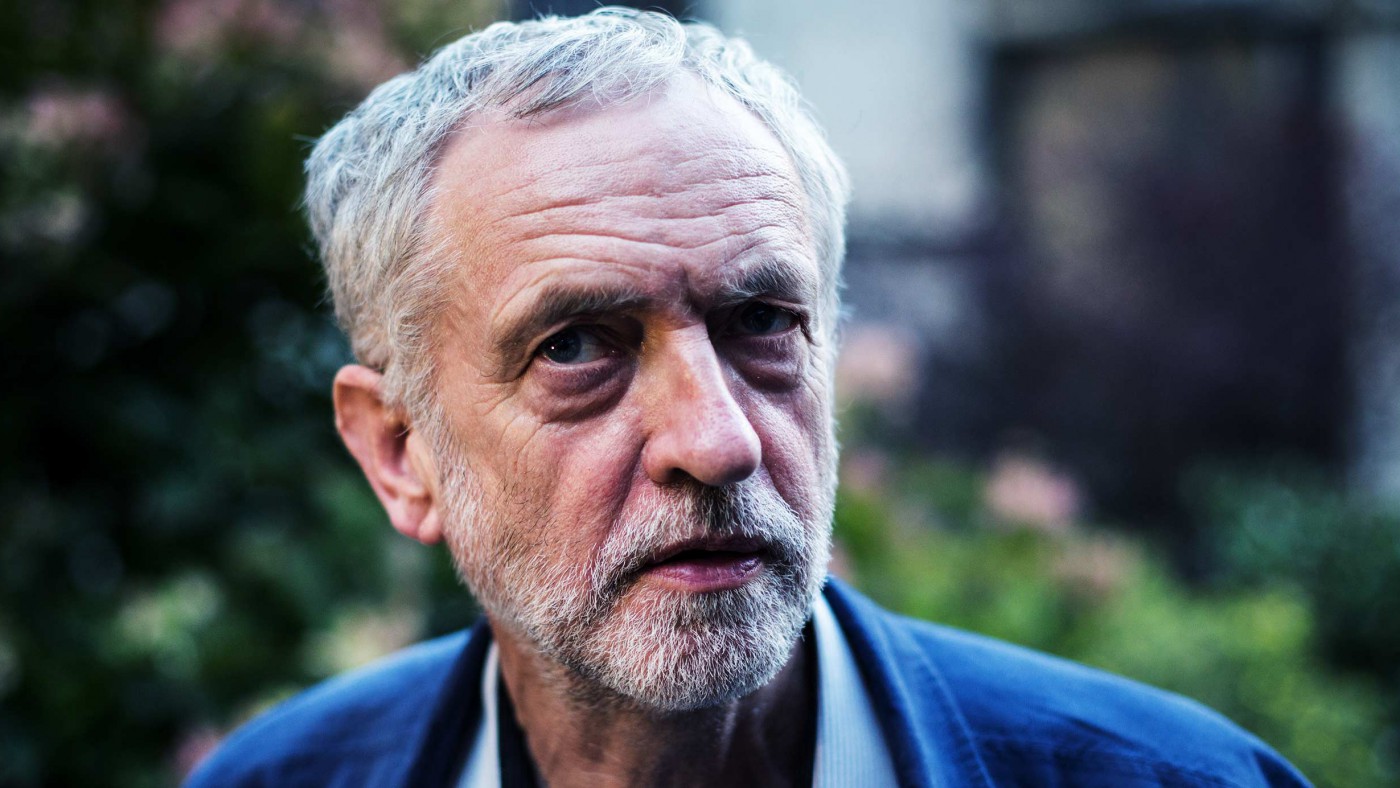Jeremy Corbyn, who is now leader of the Labour Party, proposes what amounts to a government takeover of the British economy. It is an economic programme which is almost entirely ignorant of the success of free enterprise. On Wednesday, for example, the World Health Organisation reported that child mortality had fallen by more than half since 1990 with the number of deaths of under-fives tumbling from 12.7 million to 5.9 million. This is but one of the many signs of rising prosperity brought about by the expansion of free markets and economic growth over recent decades; we are healthier and wealthier than ever before in human history. Of course, many markets from energy to housing are failing but on most occasions this is not because of too little state intervention but too much. Whether it is enormous tax rises, wholesale nationalisations or ill thought out monetary policy, Corbynomics is the road to ruin.
Corbyn wants to nationalise the energy companies, the railways, the banks and much more. Indeed, we had better reacquaint ourselves with the stench of old-style authoritarian socialism because the people likely to make up his economics team have, rather alarmingly, proposed nationalisation with no compensation. This is rather a convenient way of getting round the hundreds of billions of pounds such nationalisations would cost otherwise. However many economists write to the Observer in support of Corbyn, there are many times more who would condemn such a calamitous intellectual descent. Much greater competition and regulatory reform are the real antidotes to anti-competitive practices, high prices and restricted supply across the economy.
As Labour leader, Corbyn will now go much further than Ed Miliband ever did in calling for higher taxes. Higher income and corporation taxes would damage investment and destroy jobs and probably wouldn’t raise much revenue in any case. His fairy-land figures on tax avoidance meant to fund a public spending splurge won’t survive much scrutiny over the course of this Parliament. Nor do they distract from the fact that the eye-wateringly high marginal tax rates he supports would crush work incentives and sap productivity.
Corbyn’s housing policy will add nothing substantive to the debate on how to build more houses in the coming years. He wants to implement rent controls which will almost certainly constrain supply even further and lead to deteriorating housing conditions. He also wants to eliminate the Right to Buy scheme for tenants of social housing; a policy which would prevent a significant transfer of wealth to low income families. Thankfully, there is no chance of the Opposition he now leads being able to persuade the Government of the merits of this idea. The most effective way of boosting housebuilding would be to roll back what is, in essence, the nationalisation of planning and significantly simplify and consolidate the system.
Casually abandoning the independence of the Bank of England is another key element of Corbynomics. A “People’s Quantitative Easing” would mean ordering the central bank to create money to buy bonds from a new state-owned bank. Aside from all the usual allocative efficiency questions, it would be undoubtedly damage the credibility of monetary policy in the UK; something which once lost would be extremely difficult to regain. Also, woe betide any Bank Governor who dared to raise a voice in protest.
On energy, Corbynomics is really exposed as naked populism mixed with breath-taking hypocrisy and a dose of anti-scientific superstition. Harking back to the struggles of the Hard Left in the 1980s, he wants to reopen old coal mines. Yet he also wants to ban fracking and the extraction of domestically produced shale gas. He wants to replace cleaner, greener gas for dirtier, more expensive coal. No amount of evidence, whether from the Royal Society or elsewhere, would seem to persuade Corbyn that the risks from fracking can be effectively managed. If he has his way, Britain will be ever more dependent on Putin and others for gas imports; although, that is probably not something he minds too much. In the meantime, don’t expect him to say anything about rolling back the huge, misguided extension of the state in the energy sector.
Whether it is banking, childcare or the water market, Corbyn wants more state control when what is needed is more competition and sensible deregulatory measures to free investment and allow challengers to innovate and disrupt. Every penny spent by the state (except on defence) is sacred which makes any reduction in public spending a capitulation to the forces of “neoliberal austerity”. The reality is that difficult decisions on public spending do need to be made in the coming years and the Government will have to find ways to be smarter as well as smaller. Corbynomics, which starts from a mistake and continues in the same fashion, is not a serious programme for government.


